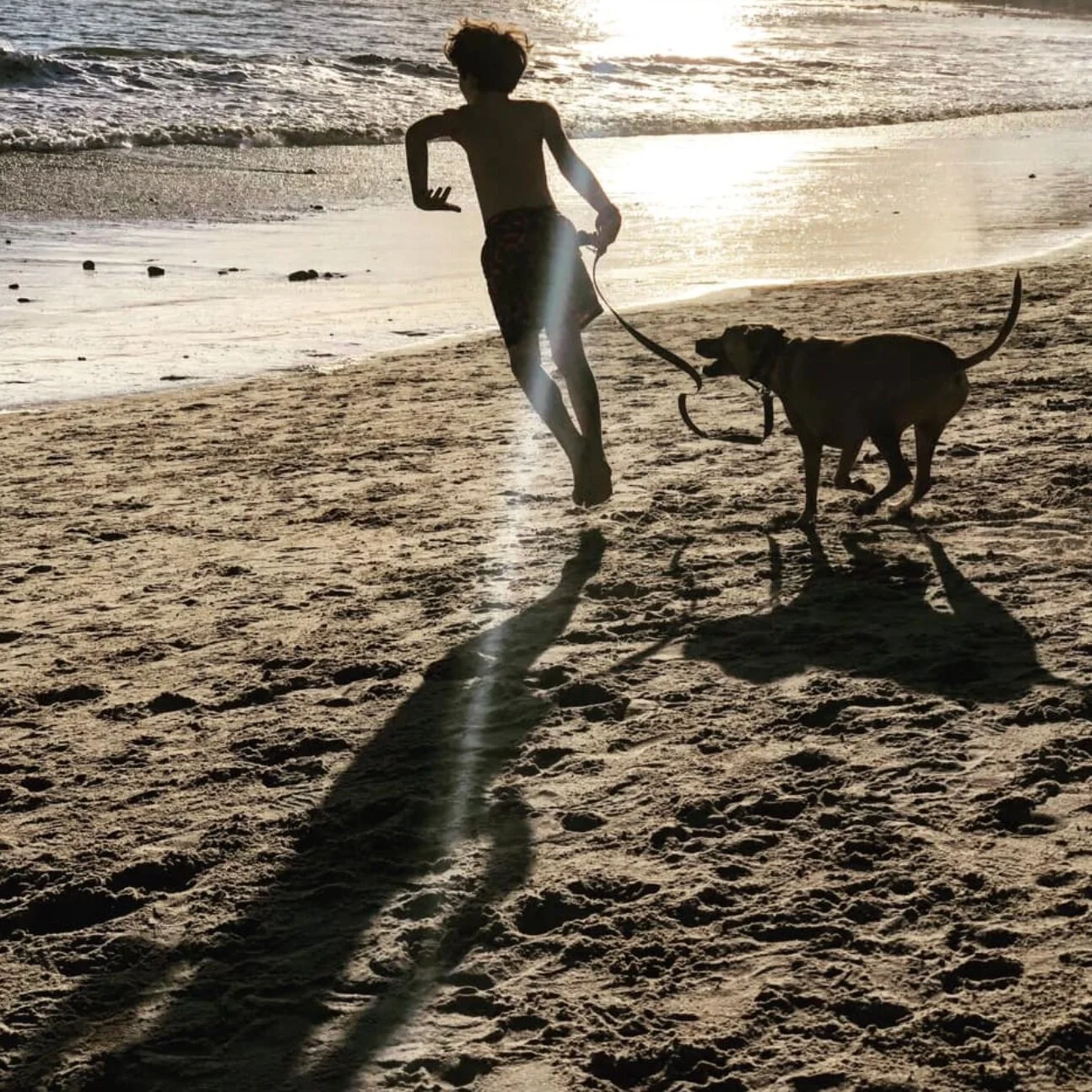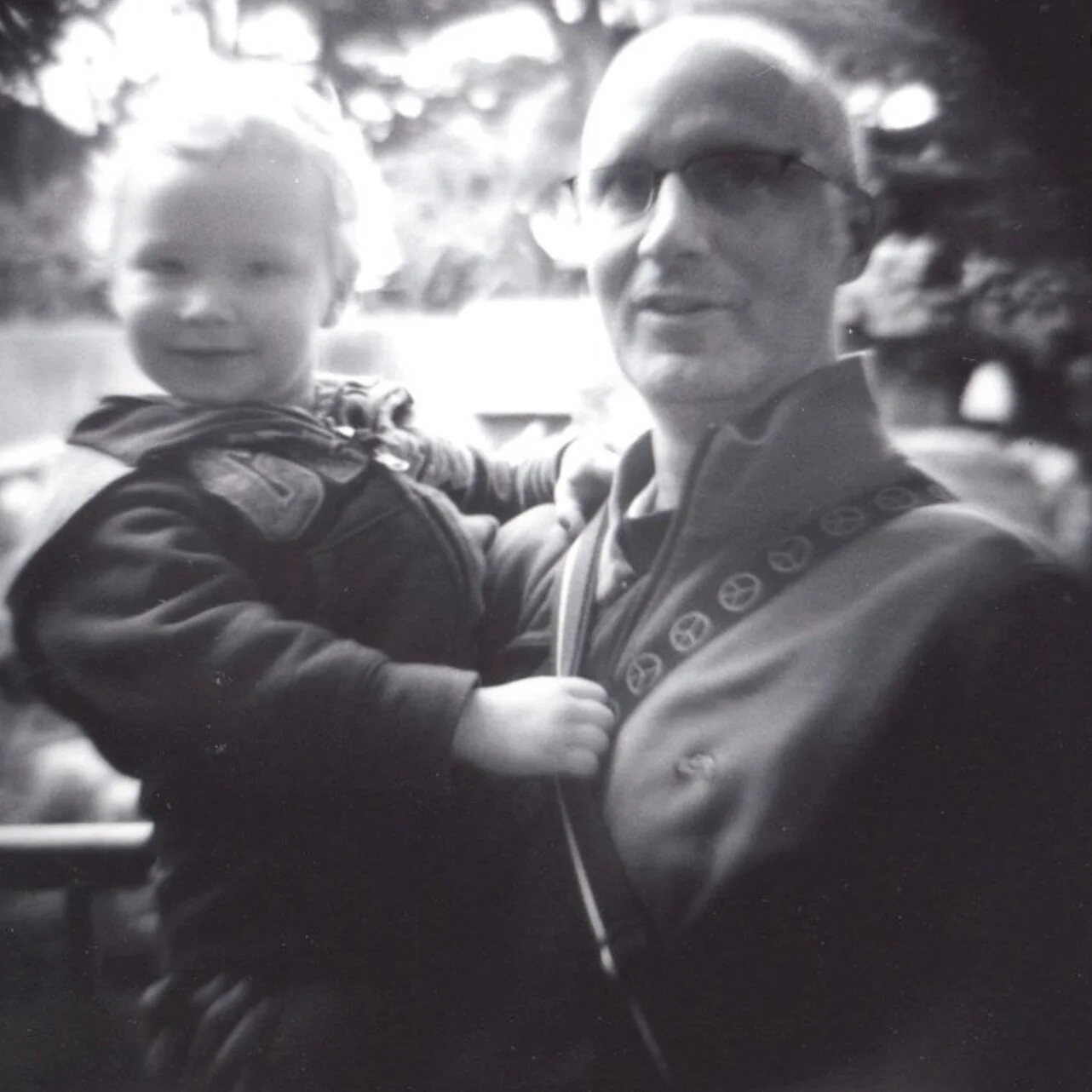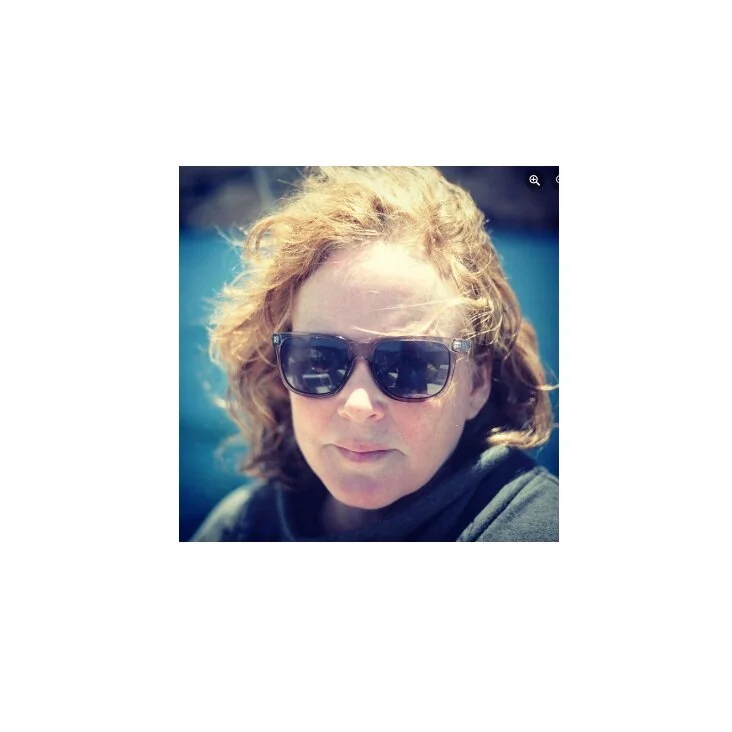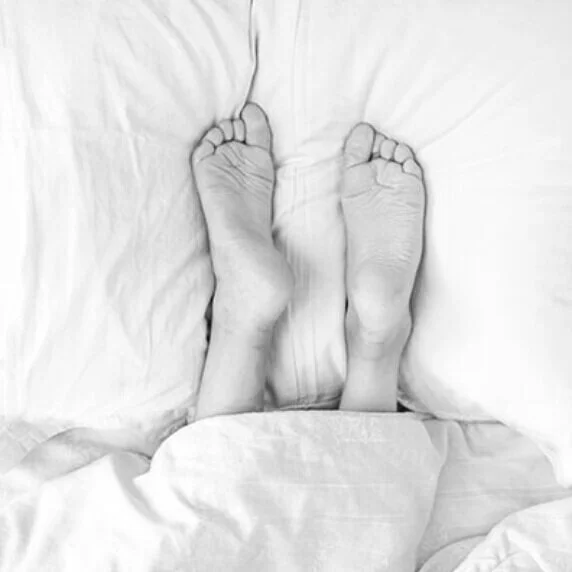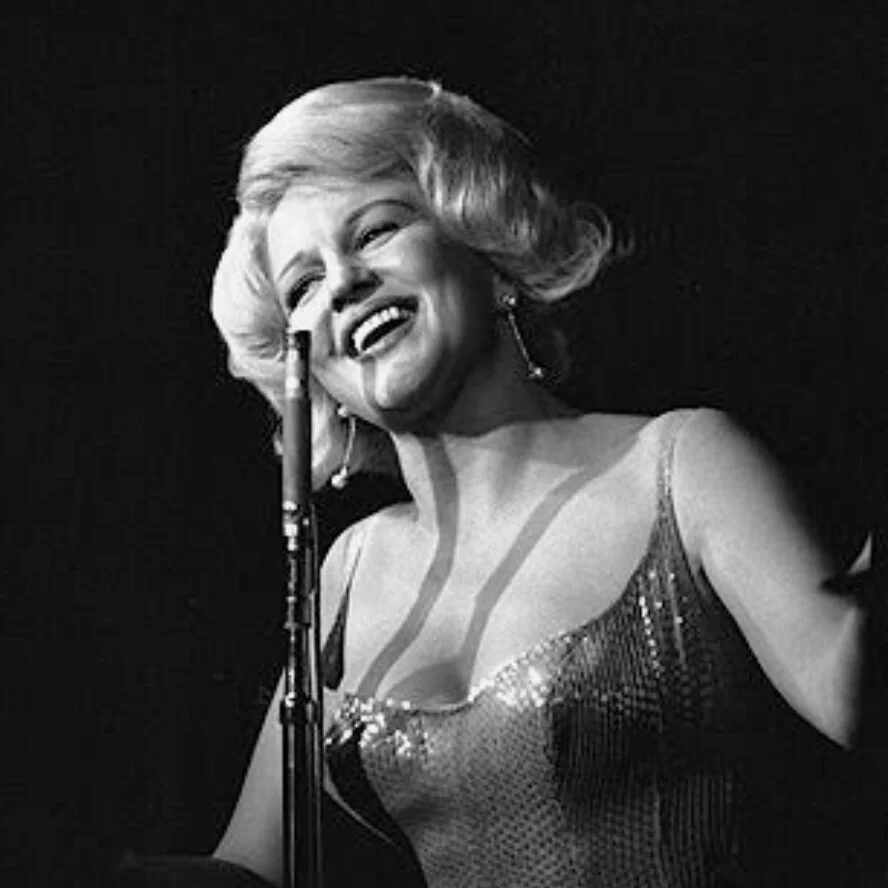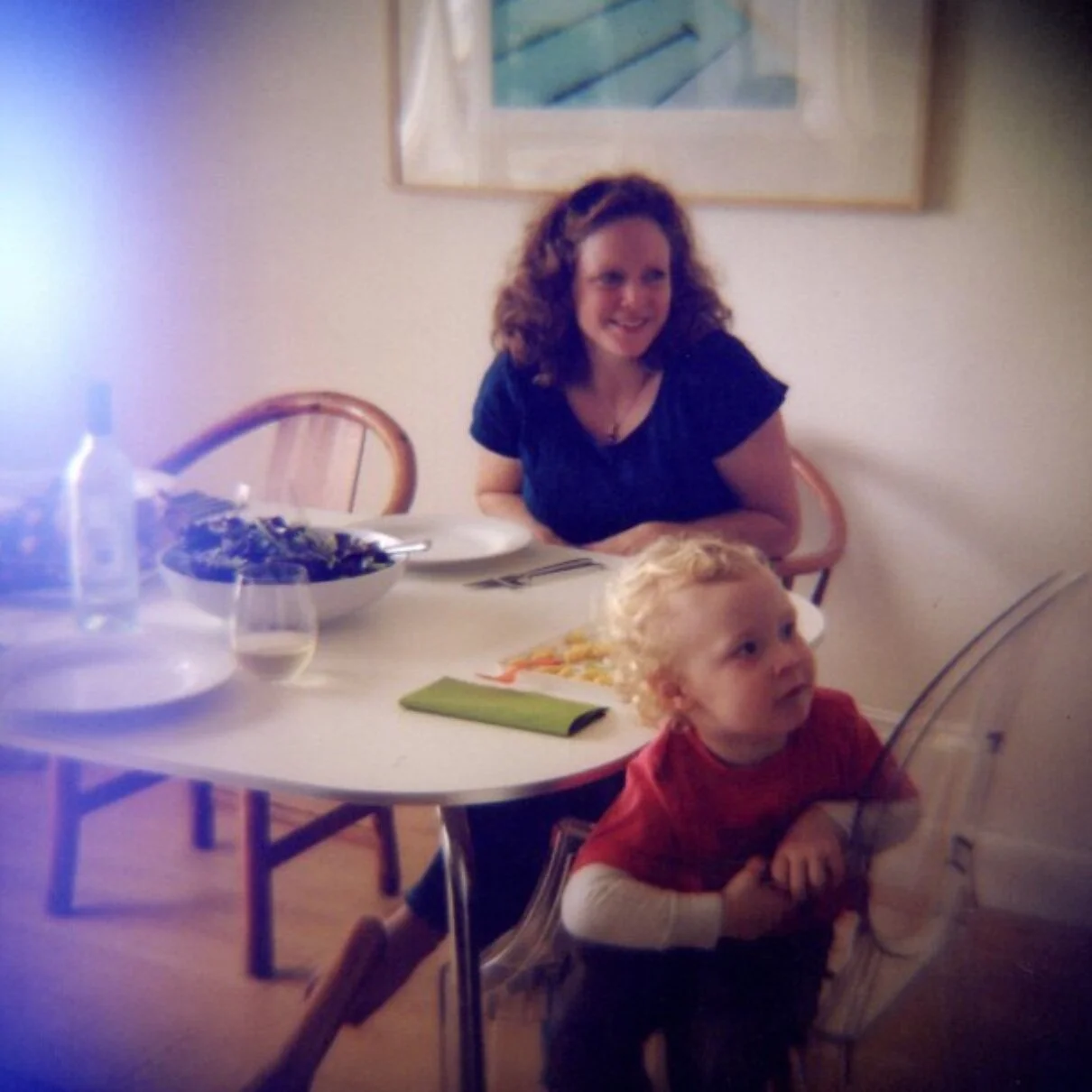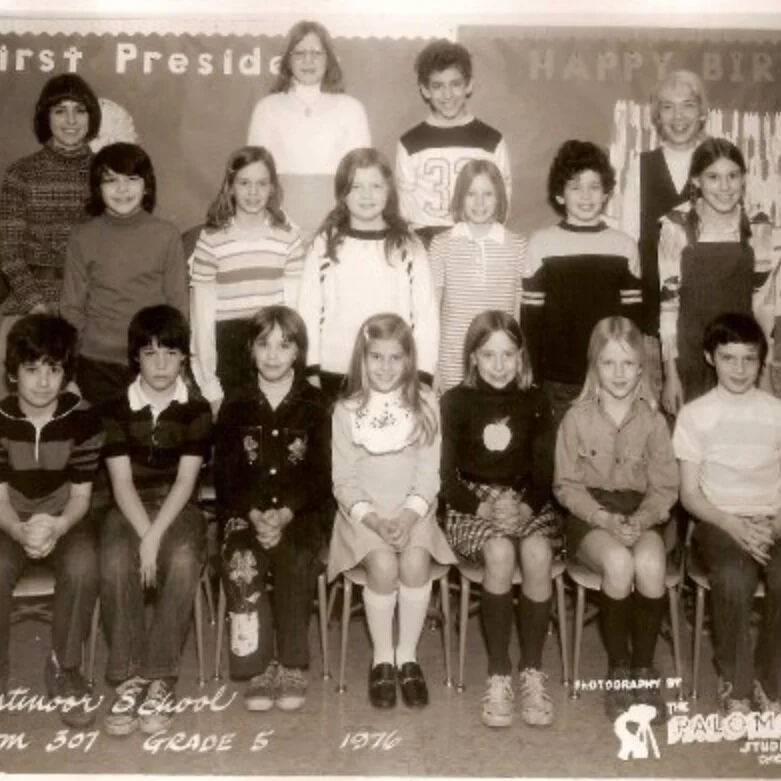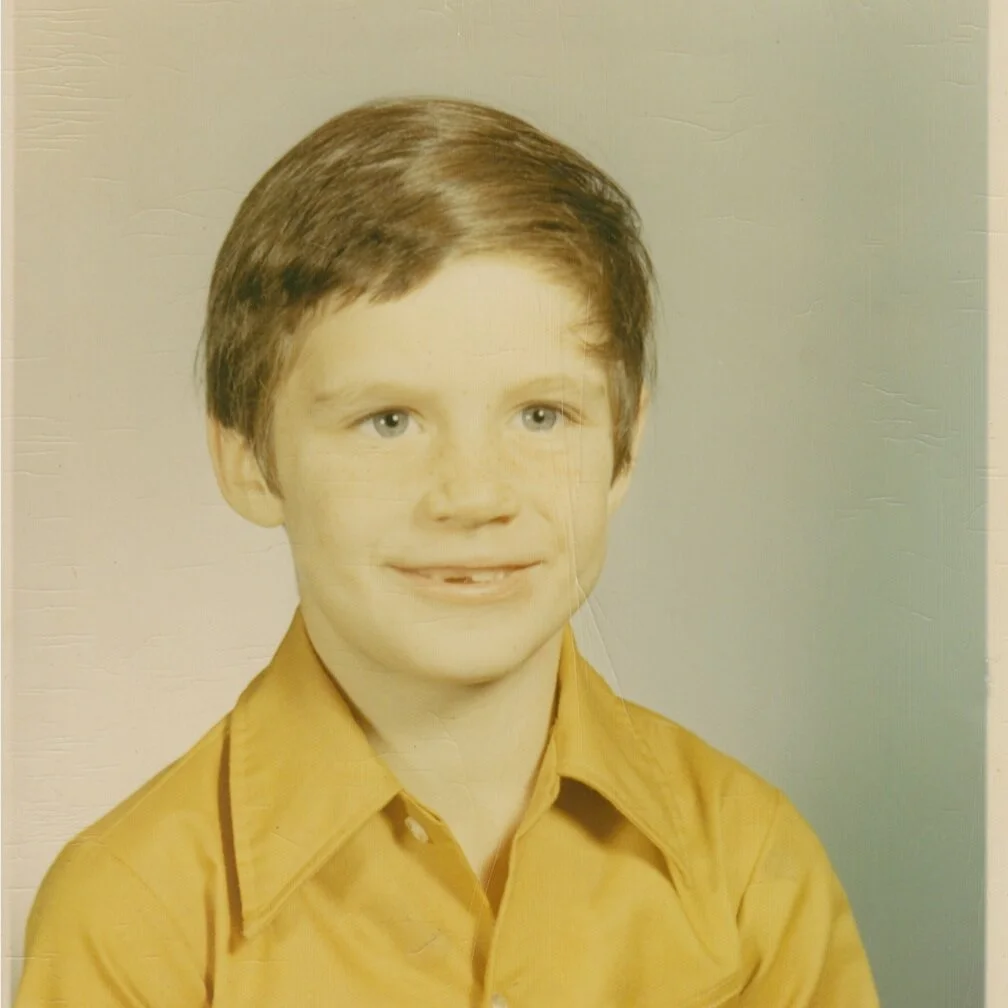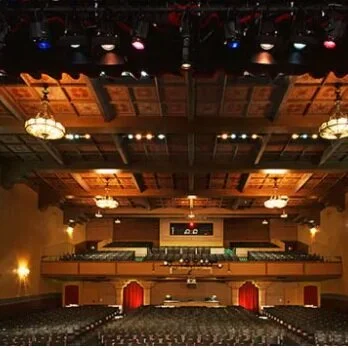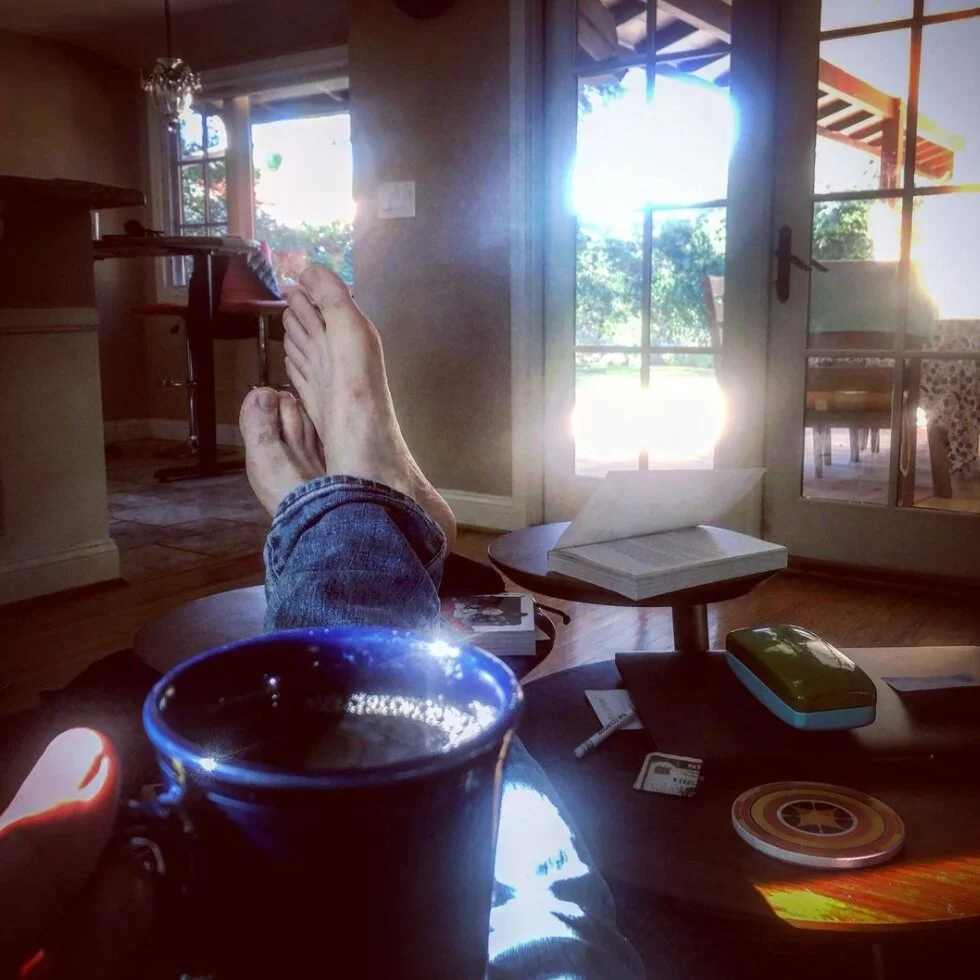From a share at the Primary Purpose Group in Danville, CA, in September 2020.
First, to the newcomers, welcome. I gotta say, while I can’t imagine starting this journey now, there is never really a bad time. Even with COVID it’s possible. Hang around for the meeting after the meeting.
And, definitely, get a big book. It’s not only the manual, but the stories in it show how each of us has a unique story but are still spiritually connected. They always give me a sense of belonging even when I was alone. If I don’t do that for you, you might find it in one of those stories – or one you hear tonight.
Get a sponsor too. I’ve had 4 in 20 years, one I work with actively and of the 3 others I’m still in contact with 2 pretty regularly. Each helped me see something I couldn’t on my own… and for that I am deeply grateful.
So, my story…
I grew up in the suburbs of Chicago, first of 4 kids, parents who bickered like nuts but stayed together ‑ Irish-Catholic Kennedy Wanna-Be’s. I was definitely loved and very lucky, but we were also raised not to talk about problems. And emotions were not okay to discuss or have.
Most important here, alcohol was always a part of life. It was so prevalent I don’t recall my first drink.
But I do remember aunts and uncles offering tips about how to drink ‑‑ Eat a good dinner beforehand; have a glass of water in between every scotch.
“You’ll never get a hangover” they said.
Simply put, alcohol was just always there.
Despite strong evidence of alcoholism in the family, “alcoholic” was never applied to anyone. It was reserved for those who’d lost the job, the house, the family and were living on the streets. THEY were alcoholic.
Because issues couldn’t be acknowledged, problems were explained away by other means.
At 17, I was standing in front of a keg talking to a freckled girl in a gypsy dress who said I shouldn’t stand there like a tree with roots. I drank to make myself feel comfortable.
4 hours later I was trying to keep an old Mercedes not owned by me on a gravel road to meet a girl at the end of a horse pasture. I “drove” the car into a ditch where it sat for a day before the tow truck guy could figure out how to get it out. I was “growing up.”
At 20, I went for a pub lunch in Coventry England and woke up 18 hours later in a garbage dump at the end of an airport runway on an island off the coast of Africa and only the blurriest idea about how I got there. I was “gathering adventures for a book to write.”
At 23 I was hiding in the stairwells of a Washington DC newspaper where I worked, barfing my guts out because I didn’t want to be heard being sick in the bathroom. I was “building my resume.”
At 25, a bum on the miracle mile in Chicago got up off the sidewalk and came over to me and shoved 68 cents in my hand and said, here buddy, you need this more than I do... I was “figuring it out.”
These incidents were never labeled “alcoholic”... Other phrases I heard: he’s young, he needs time to figure it out, it’ll make a good chapter in a book I might write.
Always something else – because, like I said, someone who’d lost it all – that was an alcoholic.
So it went for another decade. And on the outside, except for the Chicago incident, I was fairly high-functioning, working in marketing and the arts – world’s that have a high tolerance for bad behavior as long as you presented well.
Still, as I got into my 30s, a feeling that something was wrong grew. Geographics -- NY, DC, Chicago, Atlanta, Minneapolis and finally the Bay Area – kept me from really looking because I could continue down the road without someone seeing what I was – or worse, that I recognize what I was.
Still, a few did. Mostly the women I dated, who, after a month or two almost always broke it off before it got anywhere.
Until I met someone who drank like me. Not good. While short lived, it scared me into the arms of a woman who had 17 years in the program. She was (and still is) a beautiful woman who could make me laugh like there was no tomorrow. Lush with feelings I wanted in my life but didn’t see because of how I was raised. But more distinctly I remember thinking, this is great. I’ll drink less. Which I did just long enough to convince her I was decent enough to marry.
Of course within a year I was hiding my drinking in the alley or on the 38 Geary that I took to get home, or in long unnecessary hours at the office.
Eventually I decided being divorced would be better because it’d give me more time to drink without restriction.
And I really did think that drinking to oblivion was better than the care and kindness of a woman who’d stood at an alter with me and said, I do. I was not good about it and one of my first and most important amends was to her.
I was unable to admit what I was – an irresponsible, woe-is-me, self-centered, self-seeking alcoholic who had stopped growing emotionally around the age of 16.
It would be another year before I woke up in a place where I didn’t want to be, with someone who was treating me, and who I was treating, like a piece of furniture. Going nowhere. Friendless. Demoralized. Loveless. At a spiritual dead end.
It was an awakening in despair that I could not live this way anymore. I was ready. I was willing. And I surrendered everything.
At the Tuesday Downtown in SF later that day, I chose a sponsor randomly and trusted it would work out. And it did. But most importantly, I stood up and said, “I’m an alcoholic.” A three word goodbye to all the things that I believed made me “interesting” and a hello to something new. And the first glint of freedom that comes with true self-recognition came to me. It was life changing in the deepest way.
Going through the steps, attending meetings, I learned to take responsibility for my actions and my life. I learned to ask for help when I needed it, to offer help when help was needed. To be of service, first to people in the rooms, and then to others beyond that.
My sobriety date is Sept 21, 2000. It’s a one day at a time deal, but the benefit of putting some time together has been seeing the growth that has come from the simple recognition of what I am.
An MFA in playwriting at Columbia University, a collective of artists I love, marriage to a woman who can eat fire and who I love to hear laugh in the dark. Two boys who fight like crazy half the time, play like old friends the other half, and have never seen me raise a glass.
It hasn’t always been easy.
As my life in sobriety grew – the kids, the career, the house -- life got busy. And I stopped going to meetings. Stopped calling my old sponsors; Stopped reading; Stopped working with others. I started living like I knew what I was doing, where I was going and what was best for me -- and everyone else. And I was overworking and not paying attention to what matters.
I “came to” on my wife’s birthday in 2017. I’d worked a full day at the office instead of celebrating her. When she told me how hurt she was, I lashed out in defensiveness. I told her how ungrateful she was. How she owed me everything. How I’d given up everything for her and all the sacrifices were mine.
Sober 17 years and there I was again: Selfish. Self-centered. Self-seeking. Loveless.
And when I looked at her – a woman whom I’d fallen in love with in a doorway at 71st and Columbus in NY — at that moment — faced with the pain I was causing — I thought about having a drink for the first time in many many years… It was another kind of bottom.
Luckily something else was still there too –and it said to me: Sure, you can drink, but your problems will still be here, only you’ll be drunk.
So I did what I’d been taught. I reached out for help. I met a counsellor who suggested I try reconnecting with AA. She was familiar with us and knew the meetings out here, even.
And I ended up here on a night when Debbie D. spoke and talked about her 17th year. I’m clearly not like Debbie D, but her story spoke to me about what it means to live sober ‑ and alive. And I came back.
I have a sponsor who continues to take me through the steps -- who I talk to nearly every day.
I need that because this year, well, you know what this is like. And on top of that, I left a job I loved and moved to Montecito in the middle of August. So I’m learning a new industry, company, and team. I’m putting my kids in a new environment. And when I start complaining my sponsor is quick to point out:
I have a job. I live in Montecito for cripes sake. And most of all, while friends have passed from COVID, my own family is healthy and well and looking after each other.
Still, I do find myself on my knees more often these days, Because I am definitely living in fear. But when I wake up in the small hours, and the fear gears get going, I kneel down and look up and ask the air to help me find the faith to remember that all I can see is not all that there is. Sometimes these moments feel like that first moment I woke up in despair 20 years ago. I don’t mind going back to that first day when I recognized what I truly am. A new world opened to me then so that today whatever might exist between me and the world, it’s not alcohol. And I have the tools to start figuring it out me. And that all comes from a moment of hope born out of self-recognition. A moment that truly starts with:
My name is Malachy. And I am an alcoholic.

